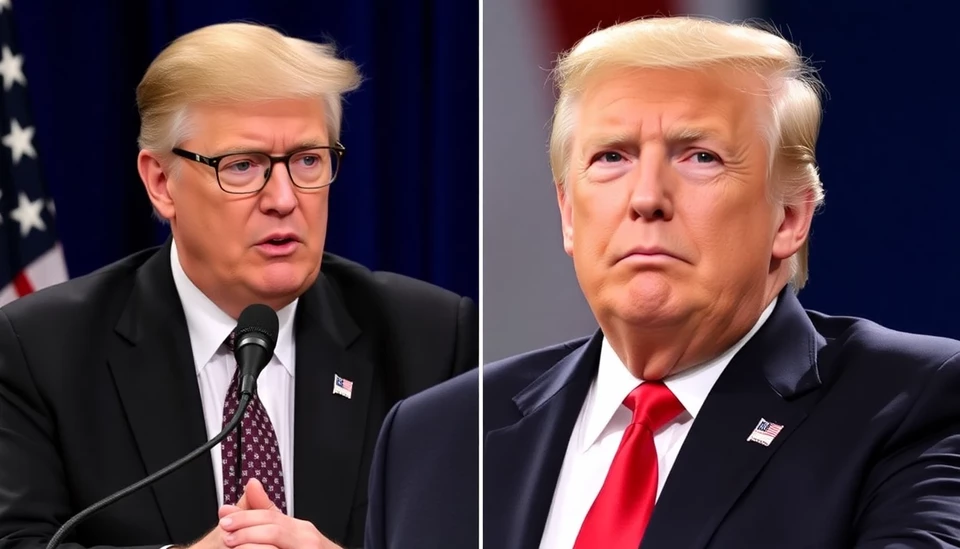
As the political landscape gears up for the 2024 presidential election, climate change skeptics are rallying under the prospect of a potential second term for former President Donald Trump. With strategies emerging that could reshape environmental policy in the United States, these activists are collaboratively crafting proposals that negate mainstream climate-related reforms. This movement reflects a growing organized effort among climate denialists who are preparing to exert significant influence over Trump’s anticipated environmental agenda.
The strategies being developed focus on dismantling regulations that were established during President Joe Biden’s administration. These conservative thinkers and strategists are not only hoping to reverse policies aimed at combating climate change but also seeking to promote energy independence through fossil fuel production. There is a strong push to emphasize traditional energy sources, such as coal and oil, highlighting them as vital to America’s economy and job market.
Current discussions illustrate a belief among climate skeptics that public opinion is shifting in their favor. There is an underlying assessment that the economic impacts of aggressive climate policies are beginning to weigh heavily in voters' minds. Consequently, climate skeptics are eager to capitalize on any potential backlash against regulations that they argue harm the economy.
With Trump’s central role in the Republican Party, his return to office could provide a fertile ground for climate skeptics, who are aligning their own ambitions with his platform. Advocates of this movement are not only focusing on delegitimizing climate science but are also promoting a narrative that questions the validity of climate change outcomes. This approach, they argue, aligns with restoring the autonomy of state governments in environmental management.
Moreover, a significant number of proponents are exploring legislative efforts that emphasize the creation of jobs in traditional energy sectors, asserting that these roles would help boost the economy. They advocate for policies that prioritize coal mining and oil drilling, touting these areas as crucial to national security and self-sufficiency.
Simultaneously, some prominent voices within this group are downplaying the urgency of renewable energy initiatives. They articulate that the push for solar and wind energy should not come at the expense of established fossil fuel industries, suggesting a more balanced approach that promotes a mix of energy sources instead of sweeping transitions to renewable technologies.
As the 2024 election date nears, expect these climate skeptics to ramp up their initiatives. They are forming coalitions with like-minded organizations, holding conferences, and engaging with influential figures within the Republican Party to ensure their viewpoints garner significant attention within the political discourse. Their objective is clear: to embed climate skepticism into the fabric of GOP policy as they anticipate Trump’s return to power.
The implications of these movements could be transformative, potentially leading to a drastically different environmental policy framework that prioritizes fossil fuel interests over climate-oriented strategies. Observers are keenly watching how this narrative evolves in the coming months and its potential impact on both political and public arenas.
#ClimateChange #Trump2024 #ClimateSkeptics #FossilFuels #EnvironmentalPolicy #Election2024
Author: Sophie Bennett




